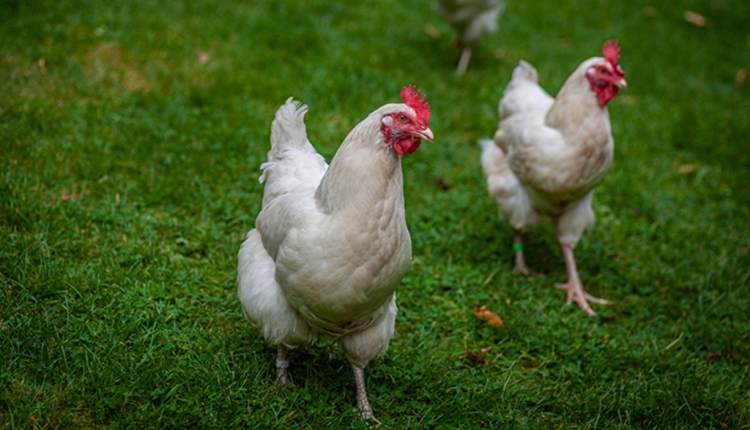 Securing Dairy's Future, the joint annual meeting of the National Dairy Promotion and Research Board, the National Milk Producers' Federation (NMPF) and the United Dairy Industry Association, kicked off in Orlando, Fla., earlier this week. On Tuesday morning, the National Milk Producers' Federation held a town hall meeting on a variety of dairy topics from reinvigorating the Real Seal and dairy exports, to immigration and animal care. But front and center was discussions on the pending farm bill.
Securing Dairy's Future, the joint annual meeting of the National Dairy Promotion and Research Board, the National Milk Producers' Federation (NMPF) and the United Dairy Industry Association, kicked off in Orlando, Fla., earlier this week. On Tuesday morning, the National Milk Producers' Federation held a town hall meeting on a variety of dairy topics from reinvigorating the Real Seal and dairy exports, to immigration and animal care. But front and center was discussions on the pending farm bill. "The election has turned this farm bill into a wild card," said Dana Brooks senior vice president of government relations for NMPF. "There are some close races where some candidates are really getting beat up back home for not passing a farm bill," said Brooks, noting that the lack of action on the farm bill is an election year issue.
In an earlier session, NMPF's CEO, Jerry Kozak, predicted that we would get a farm bill in the lame duck session after the election. He noted dairy had been the holdup in the past, but this time around it's potential cuts to food assistance programs that are holding up the bill. "If the status quo happens (the House remains a Republican majority, the Senate remains a Democratic majority, and the President gets reelected), we are more likely to see a farm bill," concluded John Hollay, director of government relations for NMPF.
As far as the dairy portion of the farm bill goes, Kozak reminded attendees, "We have consensus. However, consensus does not mean complete 100 percent agreement. That is how the legislative system works, we gather consensus." Congressional Budget Office estimates that at least 60 percent of farmers will participate in the Dairy Market Stabilization Program (DMSP) if and when a farm bill is passed. The DMSP would offer margin protection insurance at reduced rates for those that sign up for it during the entire duration of the farm bill. "Our research says participation will be much higher."
When asked why can't there be margin insurance without supply controls? "It is a package of ideas," Kozak reminded attendees. He then went onto explain that the Goodlatte amendment which would eliminate the stabilization portion of the dairy program would result in higher premiums paid by dairy producers, a production level cutoff, and no growth in milk production. Those portions of the existing legislation would all be needed to fund the program without supply controls during periods of low milk prices.








